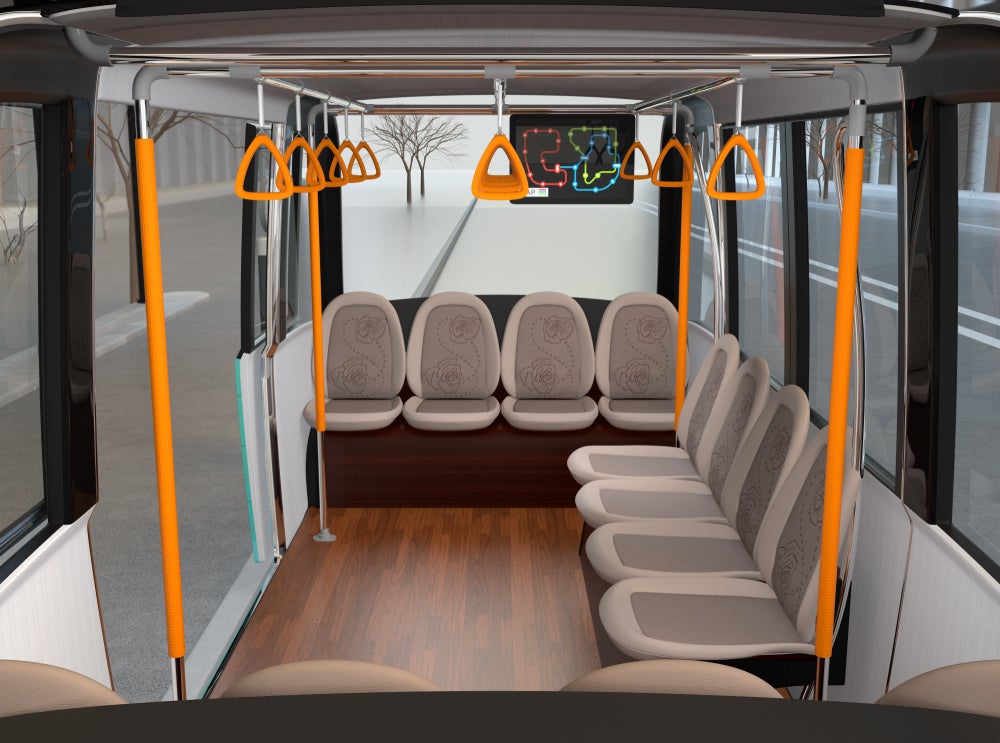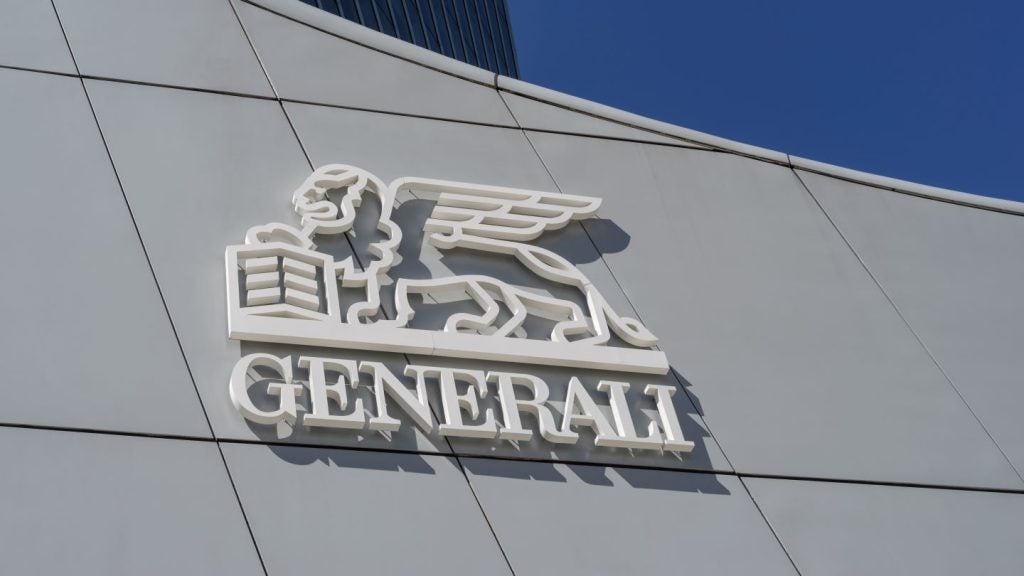The recent partnership between Aviva and Darwin Innovation Group focusing on the use of autonomous vehicles, in this instance shuttle buses, is a step towards the future of mobility and will allow the insurance industry to build up the insights it needs to enable the use of autonomous vehicles in the mass market.
Insights from GlobalData’s UK Top 20 General Insurance Competitor Analytics tool indicates that Aviva was the largest provider of motor insurance in the UK, accounting for 10.3% of the market in 2019. Given the prominence of Aviva in the market, the partnership with Darwin will act as a gateway, allowing the industry to gain access to the data necessary to accurately understand the new risk profile that autonomous vehicles will bring to the market.
The shuttle itself is controlled by 5G and satellite connectivity and will transport passengers around the Harwell Science and Innovation complex in Oxfordshire. With the intention being to run the shuttle 24/7, the data gathered will enable Aviva to gain insights across multiple scenarios in a much shorter time frame and in real-world conditions rather than simulated scenarios. The outcome of the trial should enable Aviva to develop its first comprehensive insurance model for vehicles like this. Over time, this model will evolve and enable the provider to garner valuable data from the start of the autonomous vehicle’s journey to becoming a mass-market mode of transport.
The trial, which sees an insurer partner with those responsible for the vehicle and its technology, gives an indication towards the potential way that the future motor insurance market will look like in relation to autonomous vehicles. With telematics devices essentially becoming redundant as vehicles themselves can provide this data and more, partnerships between the manufacturers of autonomous vehicles and insurers should be expected to continue in order for underwriting to be accurate and risks to truly be understood.

US Tariffs are shifting - will you react or anticipate?
Don’t let policy changes catch you off guard. Stay proactive with real-time data and expert analysis.
By GlobalData







